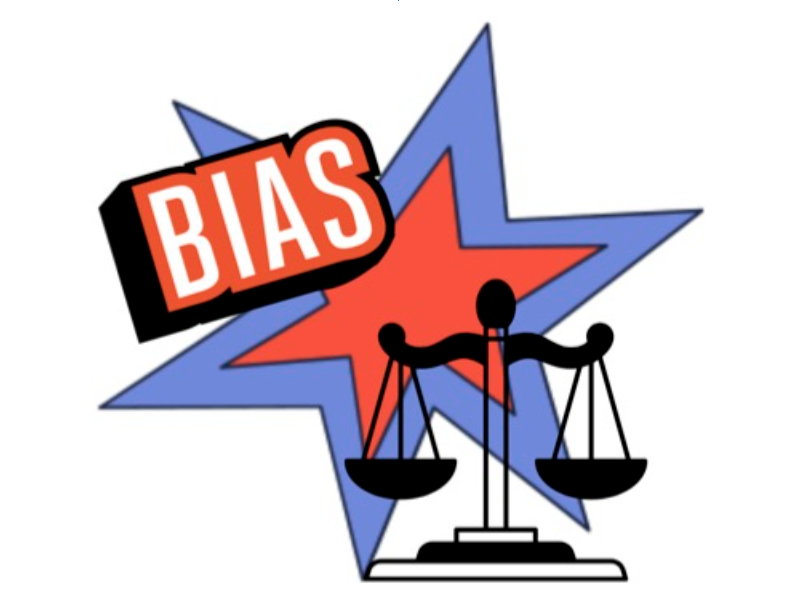My daughter has spent the last eight months on Roaccutane to improve her skin, as she was suffering from breakouts of acne. Any parent who has decided to go through this treatment knows it is a tough drug to take or watch someone you love to take.
The side effects are brutal, changes in mood, excessive dryness, nosebleeds and, in some cases, induced depression. At every step of the process, we gave our daughter an opt-out, stop at any time. But the remarkable effects on the skin were enough to want her to endure with close monitoring.
Our brilliant dermatologist has guided us through the minefield, toggling the doses and checking in with monthly appointments.
One critical and serious side effect is the impact on a fetus while on the medication. Because of this, the patient must sign a binding pledge to abstain from sexual intercourse or take the birth control pill. If a pregnancy does occur, termination is advised (this is causing consternation in the US, where there are soundings about ceasing the availability of Roaccutane).

Before every monthly prescription for Roaccutane is issued, my seventeen-year-old daughter must present a negative pregnancy test to prove that she is still eligible to take the drug.
For eight months now, our smart, self-possessed daughter has gone into pharmacies to buy these pregnancy tests. Every time without fail, someone, usually a customer, smirks, makes a disparaging comment, intimates a judgement or does something which leads to her feeling like she has to explain herself, which she does not. A less confident human would have passed the task onto a parent or anyone else, but she refuses to be shamed out of an action which is necessary.
And even if she was buying a pregnancy test to see if she was pregnant, there is still no cause for judgement of a surface action without any context.
This month, the side head nod and involuntary laugh came from one pharmacy staff member to another. That was too much.
I went to talk to the staff and explained the situation. I asked them to suspend judgement and think twice before making assumptions. They were very embarrassed and apologised unreservedly. They are good people who fell victim to society’s basic instincts and predisposition to snap judgements.
Wouldn’t the world be better if we stopped judging people based on the tiny bit of the iceberg visible above the waterline and practised kindness, tolerance, and humility?
The work that’s happening at LIFT Ireland is exactly that, helping everyone to lead themselves better, to move away from judging and categorising people and instead, see the whole human in front of them with empathy and kindness. This stuff is so important if we are to be truly inclusive and equitable in our daily interactions with others.
